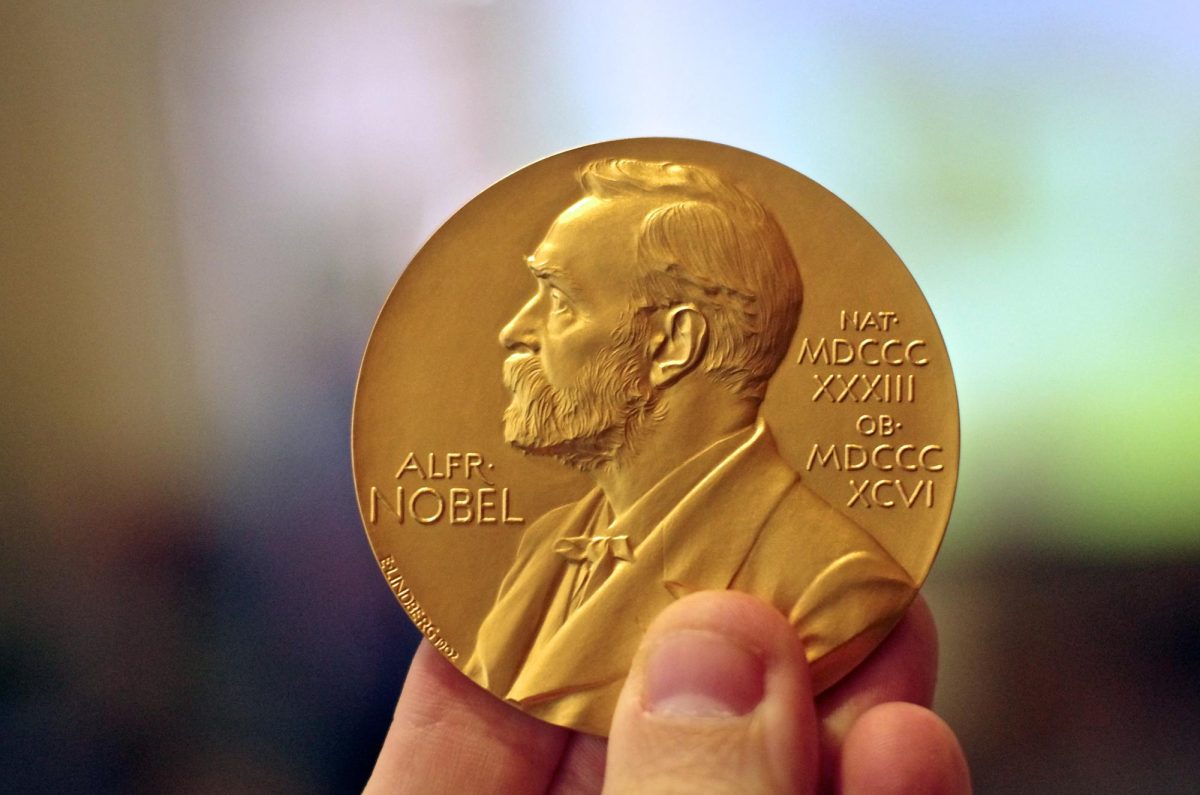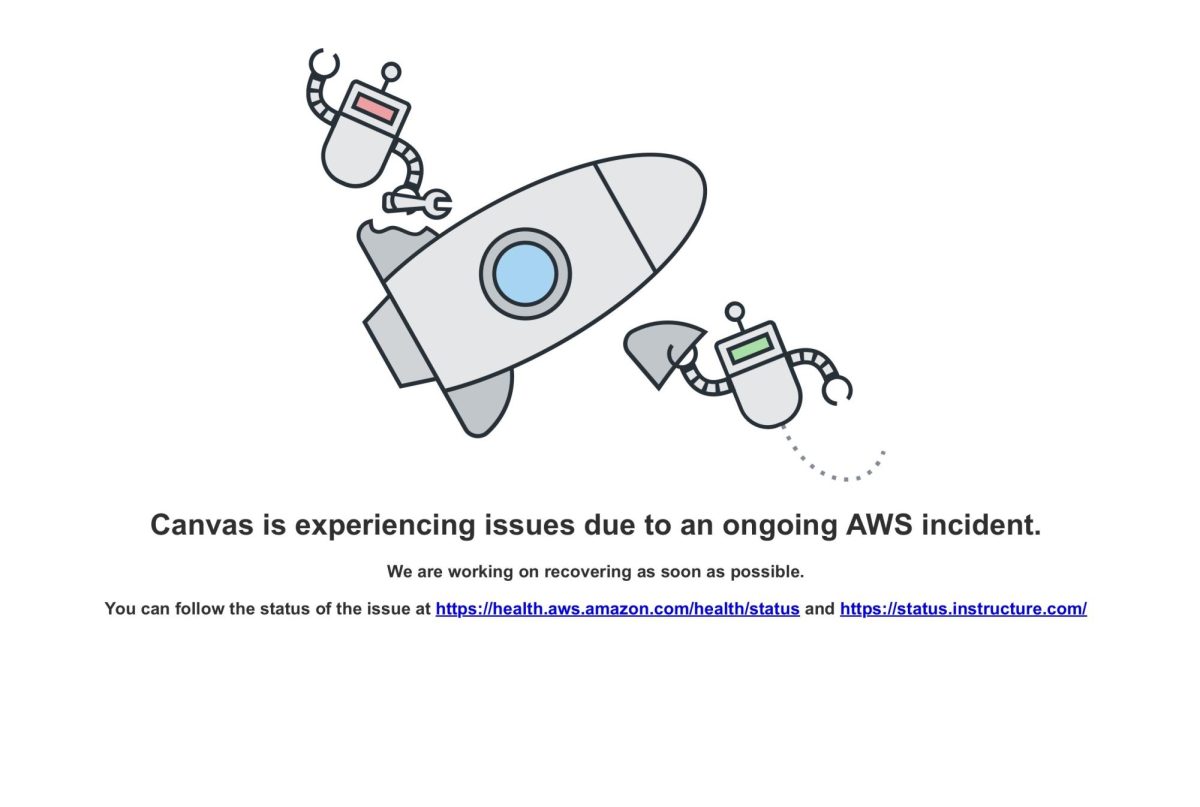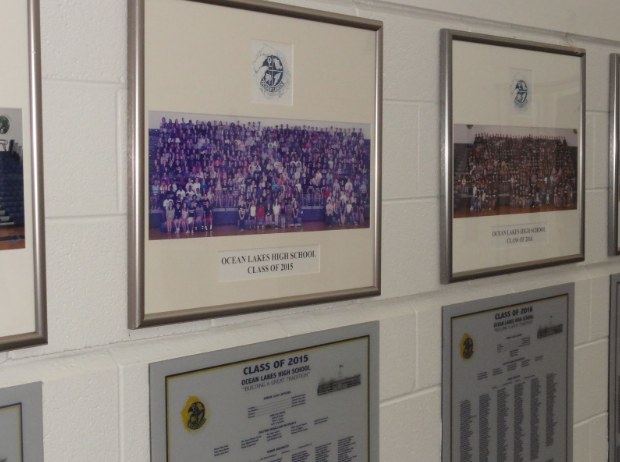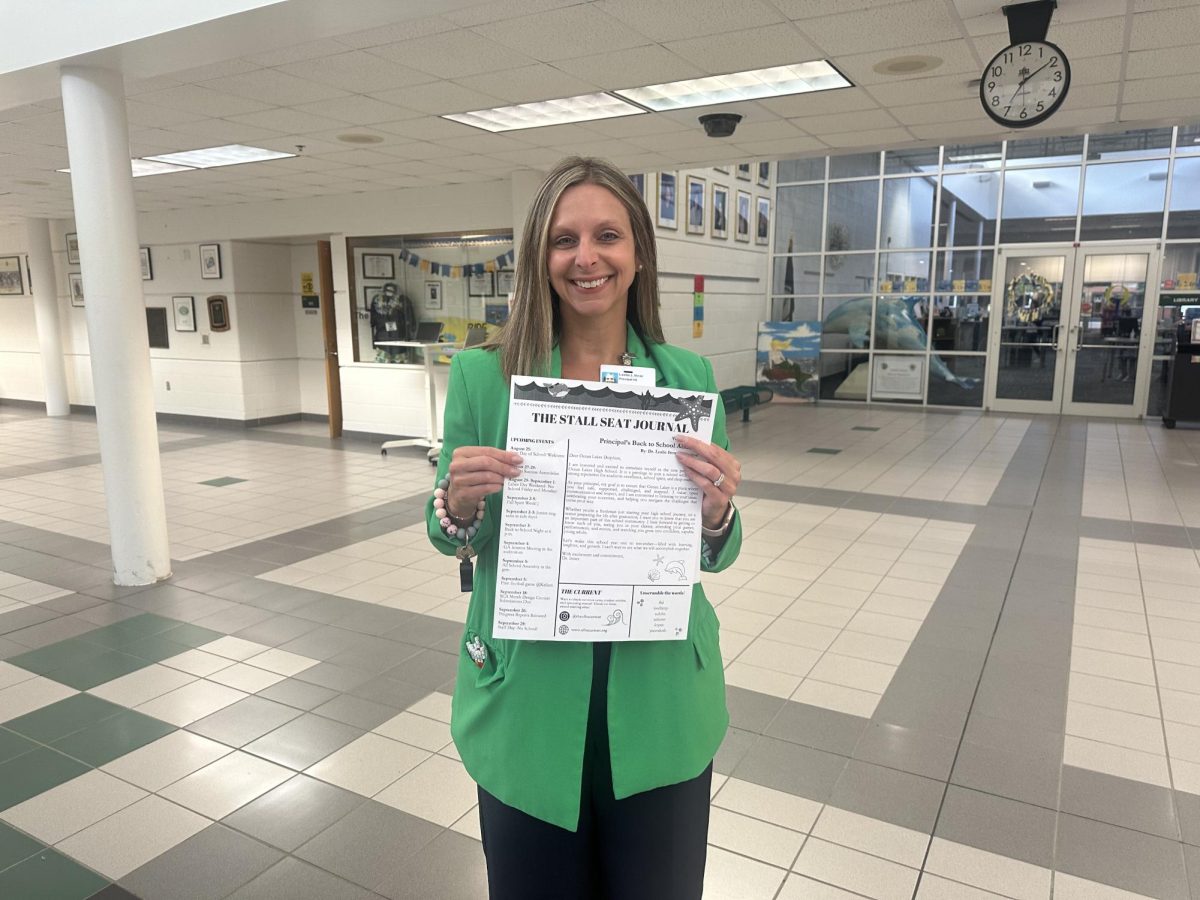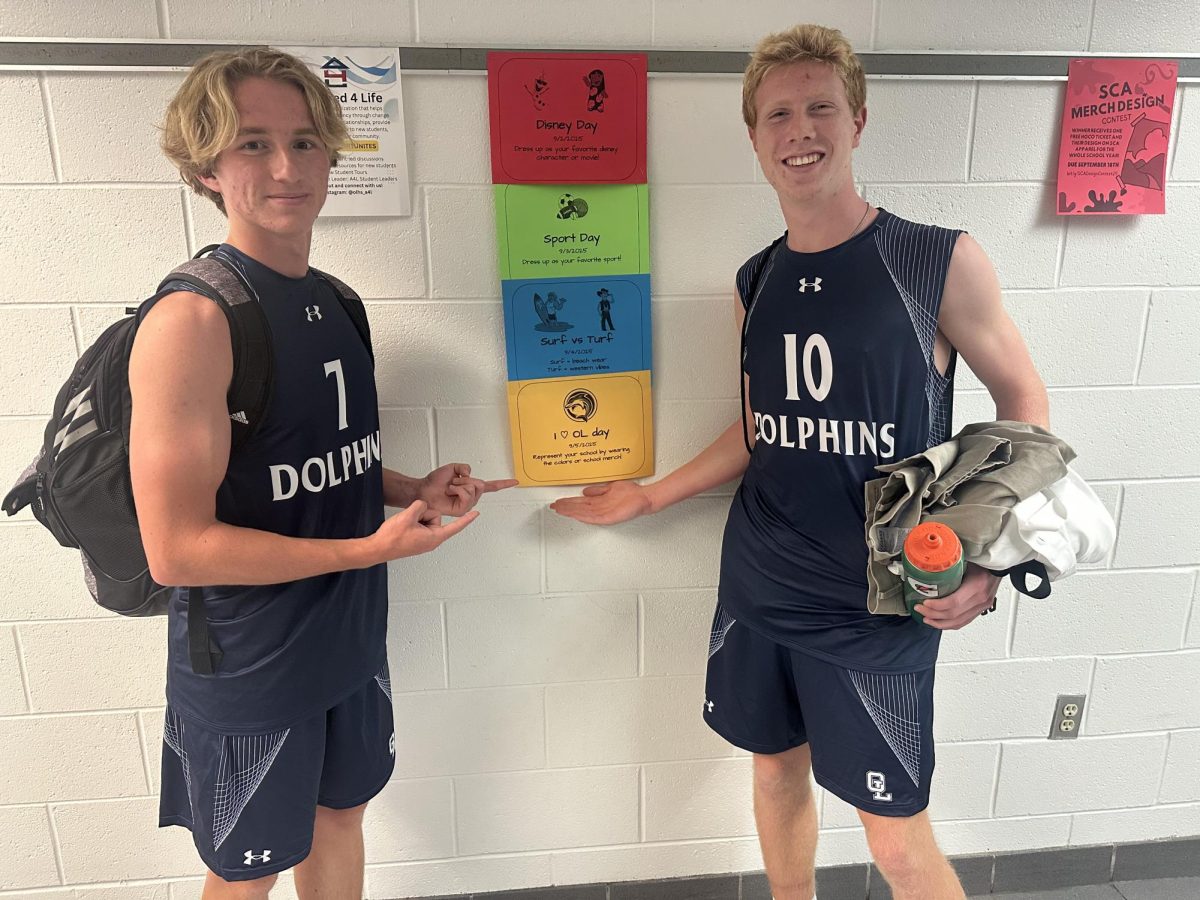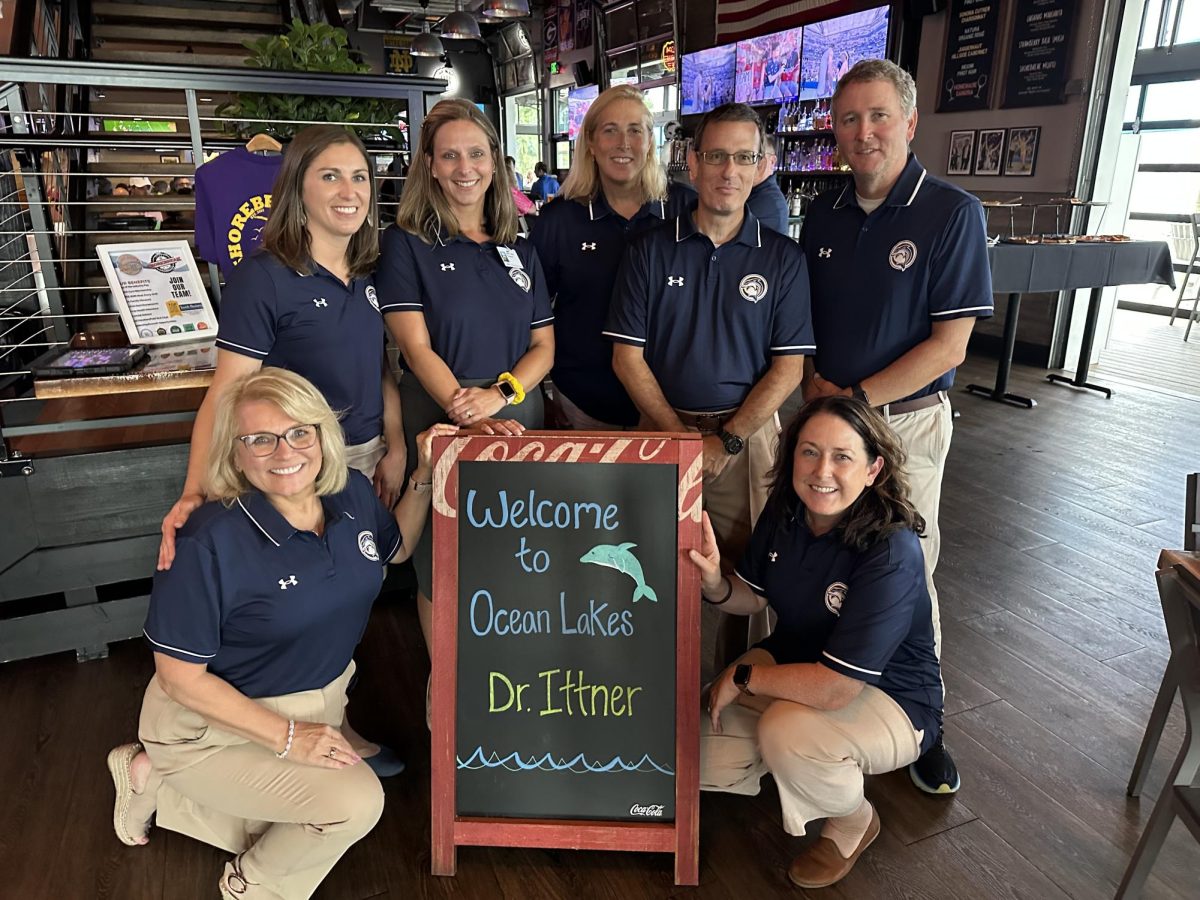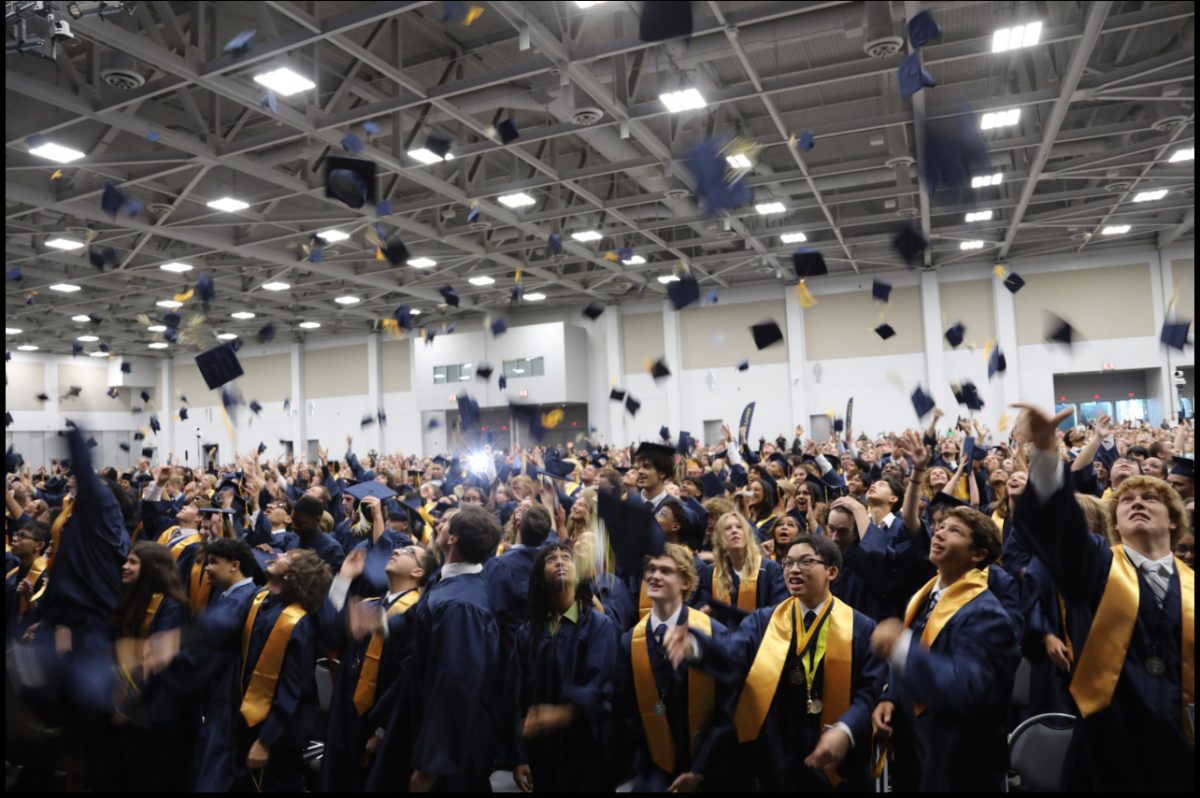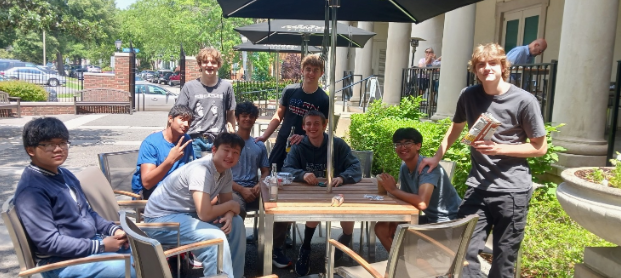Alfred Nobel established the Nobel Prize tradition, which specified that his fortune be used to fund these annual awards on Dec. 10.
In the beginning, there were five categories: physics, chemistry, medicine (physiology), literature and peace. An additional category, economic sciences, was introduced in 1968 to honor Alfred Nobel’s legacy.
Each prize has a dedicated selection committee: the Royal Swedish Academy of Sciences for physics, chemistry and economics; the Norwegian Nobel Committee for peace; the Karolinska Institute for medicine; and the Swedish Academy for literature.
There is a rule for the Nobel Prize winners: Nominees cannot be revealed until 50 years after their nomination, publicly or privately, according to the statutes of the Nobel Foundation. The restriction not only concerns the nominees and nominators but also investigations and opinions in the awarding of a prize.
All the Nobel Prizes are awarded in Stockholm, Sweden, except for the peace prize, which is awarded in Oslo, Norway.
This was a demand made by Alfred Nobel himself; however, the reason remains a mystery.
Under the medicine category, Victor Ambros and Gary Ruvkun were honored this year. They made a groundbreaking discovery of microRNA, a tiny RNA molecule that regulates gene expression. Their work has defined fundamental mechanisms of cellular processes, vital to understanding various diseases, including cancer.
This year’s chemistry prize was awarded to David Baker, Demis Hassabis and John Jumper. David Baker was honored due to his work in computational protein design. The other two scientists were recognized for the development of AI-based models to predict protein structures.
Under the literature category, South Korean author Han Kang was recognized for her poetic prose, which delves into the human condition and historical traumas with a unique experimental style.
The peace prize went to Nihon Hidankyo, the organization that represents the survivors of the atomic bombings of Hiroshima and Nagasaki (Hibakusha). They were awarded for their tireless efforts to rid the world of nuclear weapons, advocating through testimonies.
Under the physics category, John Hopfield and Geoffrey Hinton were awarded. These individuals used physics to construct the basis for machine learning. This has been important for large artificial neural networks.
Lastly, the economic sciences prize was awarded to Daron Acemoglu, Simon Johnson and James Robinson. They conducted studies on how institutions shape economic prosperity and development.
Over the years, some controversial nominees have been put forward for the Nobel Prizes, such as Joseph Stalin in 1945 and 1948 for his efforts to end World War II.
Although not all nominations are widely accepted, the Nobel Prize remains a source of inspiration for future generations to make advancements that benefit humanity.
“The Nobel Prizes are wonderful as they recognize those individuals who have benefited mankind,” marketing teacher James Cartwright said. “Advances in each category help enable advances in all the others.”

